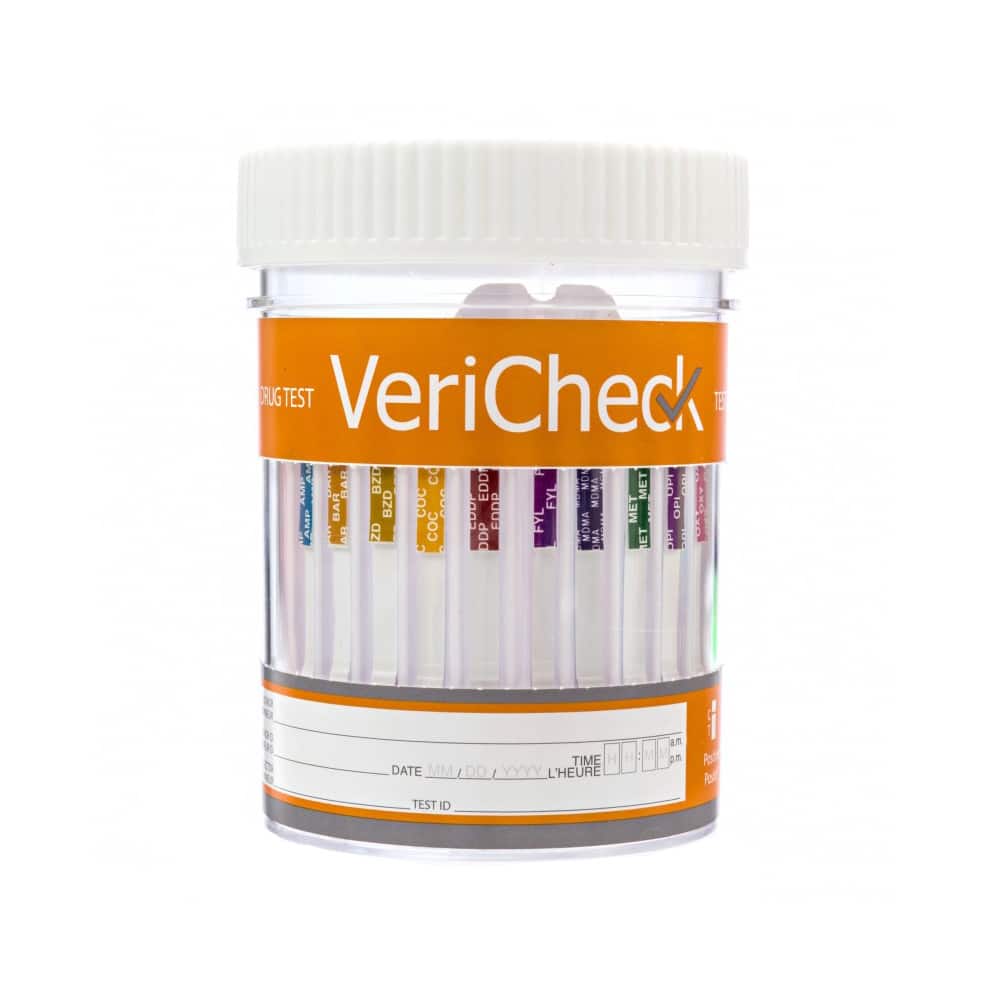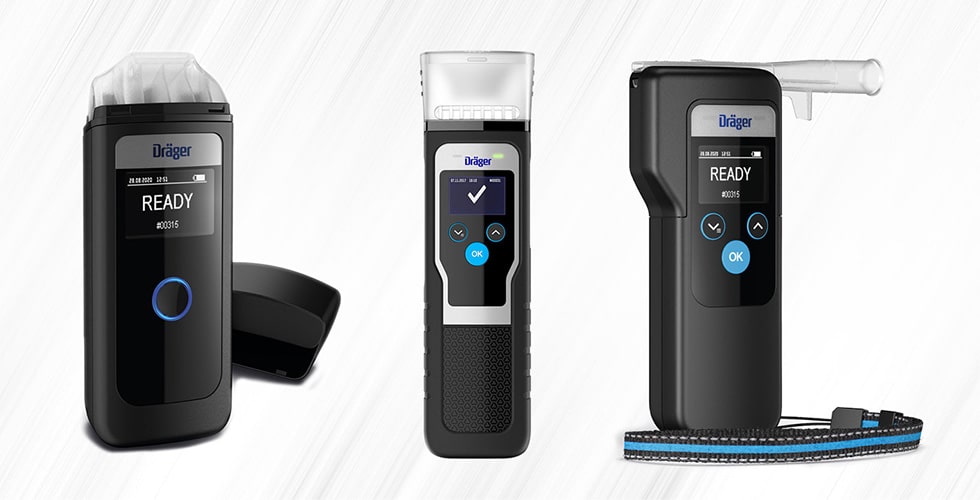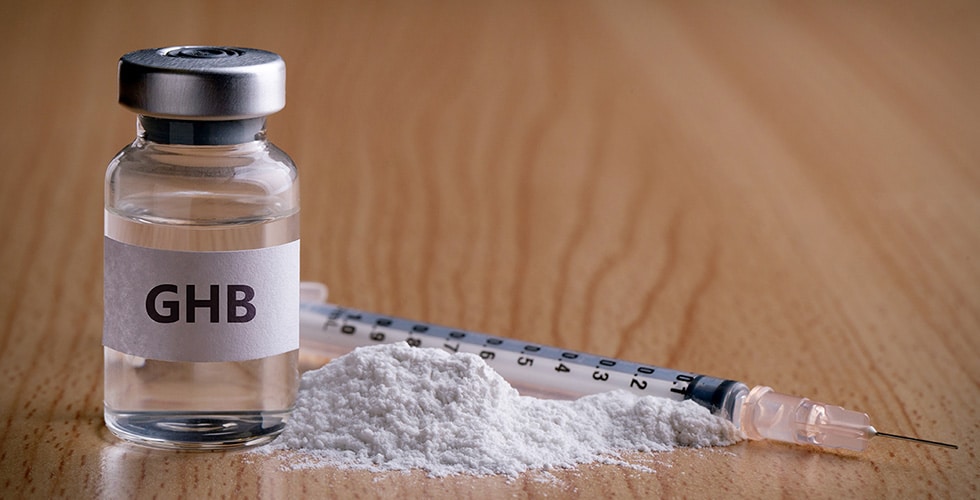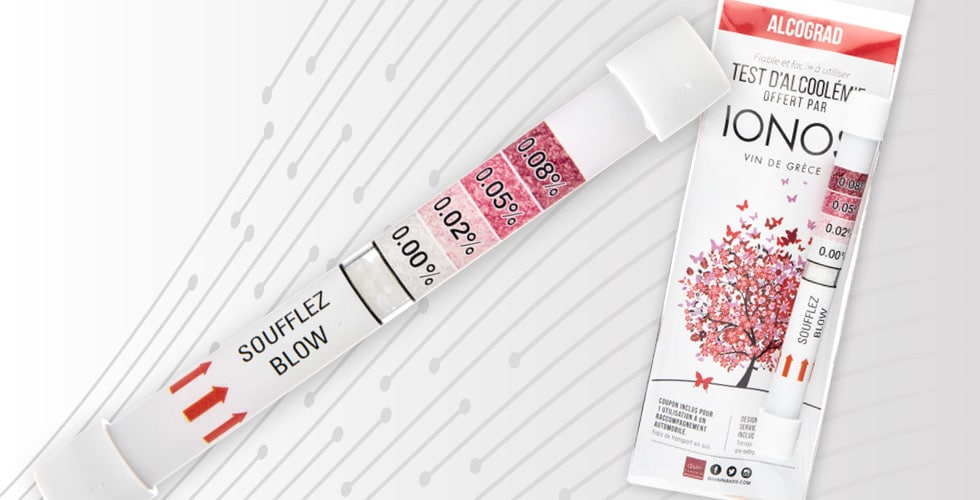5 aspects of Drug Testing in the Workplace: A Guide to Human resources officers.
Why use drug testing in your workplace
Table of content 5 aspects of Drug Testing
What is drug testing?
Drug testing is a process used to detection the presence of drugs or their metabolites in a person’s system. While there are several types of drug tests available, urine drug tests are the most commonly used in the workplace.
These tests can detect recent drug use, typically within the past few days to a week, and are relatively non-invasive and inexpensive. Hair drug tests, on the other hand, can detect drug use over a longer period, up to several months in some cases. Blood and saliva tests are also available and can provide more accurate and reliable results, but they are less commonly used due to their higher cost and invasiveness.
It is important for HR officers to choose the appropriate drug test for their organization and the type of drugs they are trying to detect. They should also ensure that drug tests are conducted in accordance with state and federal regulations, and that employees are informed of the testing process and their rights.
· VeriCheck drug test cup is a type of urine drug test kit that is designed to detect the presence of various substances and drugs such as cannabis, cocaine in a person’s system. The drug test cup is a simple and convenient way to test for drugs in the workplace, schools, and other organizations.
· The VeriCheck drug test cup features a tamper-evident seal that ensures the integrity of the test, and a built-in temperature strip that indicates if the urine sample is within the appropriate temperature range. This helps to prevent sample tampering or substitution and ensures accurate and reliable results.
· The VeriCheck drug test cup can detect up to 12 different substances and drugs, including marijuana, cocaine, amphetamines, opiates, and benzodiazepines. The cup is easy to use, and the results can be read in just a few minutes. The cup has a clear and easy-to-read panel that indicates the presence or absence of each drug.
· The VeriCheck drug test cup is ideal for organizations that need to test for drugs on a regular basis, such as employers, schools, and drug treatment centres. The drug test cup is also a popular choice for parents who want to test their children for drug use.
One of the benefits of using the VeriCheck drug test cup is that it is non-invasive and relatively non-intrusive. Unlike other drug tests that require blood, hair, or saliva samples, the drug test cup only requires a urine sample. This makes it more convenient and less intimidating for employees or students who may be uncomfortable with other types of drug tests.
The VeriCheck drug test cup is also cost-effective, especially when compared to laboratory tests. With the drug test cup, organizations can conduct on-site testing at a fraction of the cost of laboratory testing. This can help organizations to save money while still ensuring a safe and drug-free workplace or learning environment.
Overall, the VeriCheck drug test cup is a convenient, reliable, and cost-effective way to test for drugs in the workplace, schools, and other organizations. It provides accurate and reliable results, and can help organizations to promote a safe and drug-free environment.
Why is drug testing important in the workplace?
Drug testing is important in the workplace for several reasons.
· First, drug abuse can impair an employee’s judgment and performance, leading to accidents and injuries in the workplace. For example, a truck driver under the influence of drugs may be more likely to cause a traffic accident that could result in property damage, personal injury or death.
· Secondly, drug use can lead to decreased productivity, increased absenteeism, and lower job performance. This can have a negative impact on the organization’s bottom line and affect the morale and productivity of other employees.
· Thirdly, drug use can have legal implications for the employer. If an employee who is under the influence of drugs causes an accident or injury, the employer could be held liable for damages. By conducting drug tests and implementing a drug-free workplace policy, employers can help to protect themselves from legal liabilities and ensure compliance with state and federal regulations.
· Finally, drug testing can help identify employees who may have drug problems and provide them with the necessary support and resources to overcome their addiction. This can improve the employee’s health and well-being, as well as increase their productivity and reduce absenteeism.

Who should be assessed for drugs?
While all employees can be tested for drugs, there are certain industries where drug testing is more common. These industries include transportation, construction, manufacturing, and healthcare, where drug use can have severe consequences and where the safety of employees and the public is of utmost importance.
In addition, employers may conduct drug tests as part of the pre-employment process to identify candidates who may have drug problems and prevent them from being hired. Employers may also conduct drug tests on employees who have been involved in accidents or incidents that may have been caused by drug use, as well as those who exhibit behaviour that suggests drug use or impairment.
However, it’s important for employers to ensure that drug testing is conducted fairly and without discrimination. This means that drug testing policies and procedures should be applied equally to all employees, regardless of their race, gender, age, or other protected characteristics.
When should drug testing be conducted?
Drug testing can be conducted at different times, depending on the employer’s needs. Pre-employment drug testing is typically conducted as part of the hiring process, after a conditional job offer has been made. Random drug testing is typically conducted on a periodic basis, with employees selected for testing at random intervals throughout the year.
Post-accident drug testing is conducted after an accident or incident that results in property damage, personal injury, or death, and where drug use may have been a contributing factor. This can help to determine the cause of the accident and prevent future incidents.
Reasonable suspicion of drug testing is conducted when an employer has reason to believe that an employee is under the influence of drugs, based on specific observable behaviour or other evidence. For example, if an employee appears disoriented, smells of alcohol, or is slurring their speech, this may be considered reasonable suspicion for drug testing.
In addition to these circumstances, employers may also conduct drug testing as part of a rehabilitation program for employees who have been identified as having drug problems. This can help to provide employees with the necessary support and resources to overcome their addiction and return to work in a safe and productive manner.
It’s important for employers to develop a drug-testing policy that outlines the specific circumstances under which drug testing will be conducted, as well as the consequences of a positive test. This policy should be communicated clearly to all employees to ensure that they understand the expectations and consequences of drug testing.
How can HR officers ensure a fair drug testing process?
HR officers play a critical role in ensuring that drug testing is conducted fairly and without discrimination. Here are some strategies that HR officers can use to ensure a fair drug testing process:
Develop a clear drug testing policy: HR officers should develop a clear and comprehensive drug testing policy that outlines the reasons for drug testing, the types of drug tests that will be used, and the consequences of a positive test. The policy should be communicated clearly to all employees to ensure that they understand the expectations and consequences of drug testing.
Educate employees about the drug-testing process: HR officers should educate employees about the drug-testing process, including why it is necessary and how it will be conducted. This can help to reduce anxiety and ensure that employees understand their rights and responsibilities.
Ensure confidentiality: HR officers should ensure that drug test results are kept confidential and are only shared with those who need to know, such as the employee’s supervisor and HR department. This can help to protect the employee’s privacy and prevent discrimination or retaliation.
Use a certified laboratory: HR officers should use a certified laboratory for drug testing to ensure accurate and reliable results. This can help to prevent false positives and ensure that employees are not wrongly accused or punished for drug use.
Provide support for employees who test positive: HR officers should provide support and resources for employees who test positive for drugs, such as counselling and rehabilitation services. This can help to address the underlying issues that may have led to drug use and prevent future incidents.
Treat all employees equally: HR officers should ensure that all employees are treated equally when it comes to drug testing. This means that all employees should be subject to the same testing procedures and consequences for a positive test. HR officers should also ensure that drug testing is conducted without discrimination or bias based on an employee’s race, gender, age, or other protected characteristics.

Conclusion why use drug testing in your workplace
By following these guidelines, HR officers can ensure that drug testing is conducted fairly and effectively, and that employees are treated with respect and dignity throughout the process. This can help to promote a safe and drug-free work environment and support the health and well-being of the workforce.








